7 GPTs for Liturgical Planning Powered by AI for Free of 2025
AI GPTs for Liturgical Planning are advanced tools designed to assist in the preparation and organization of liturgical services. These GPTs (Generative Pre-trained Transformers) leverage artificial intelligence to provide tailored solutions for creating, organizing, and managing liturgical events. Their relevance lies in their ability to understand and process complex liturgical texts, calendars, and traditions, making them indispensable for religious communities seeking to modernize and streamline their liturgical planning processes.
Top 7 GPTs for Liturgical Planning are: Sermon Assistant,The Automated Anglican,Asistente de Coro Litúrgico,Mass Song Selector,Hymns Lyrics Guide,Resucito AI,Come Thou Fount Of Every Blessing meaning?
Sermon Assistant
Crafting Sermons with AI Insight

The Automated Anglican
AI-powered sermon assistant
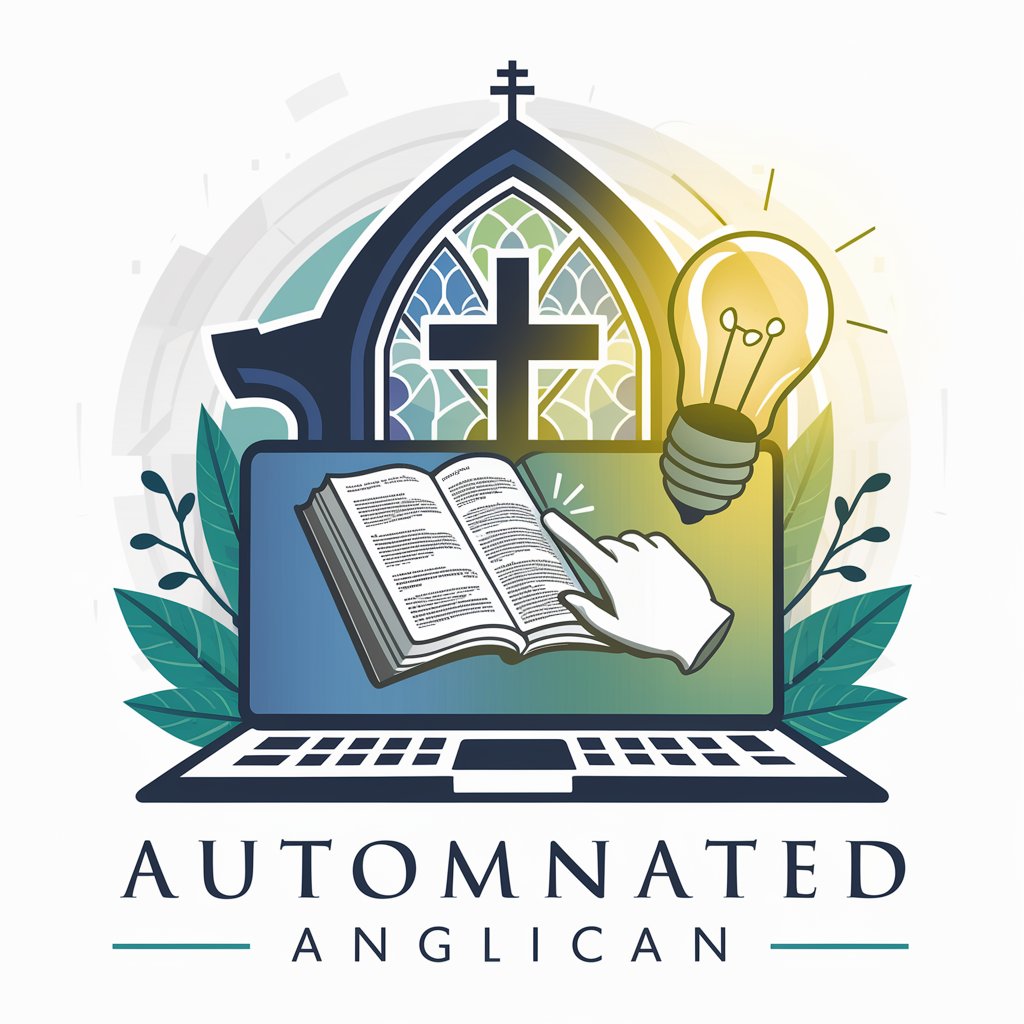
Asistente de Coro Litúrgico
Enhancing Liturgical Harmony with AI
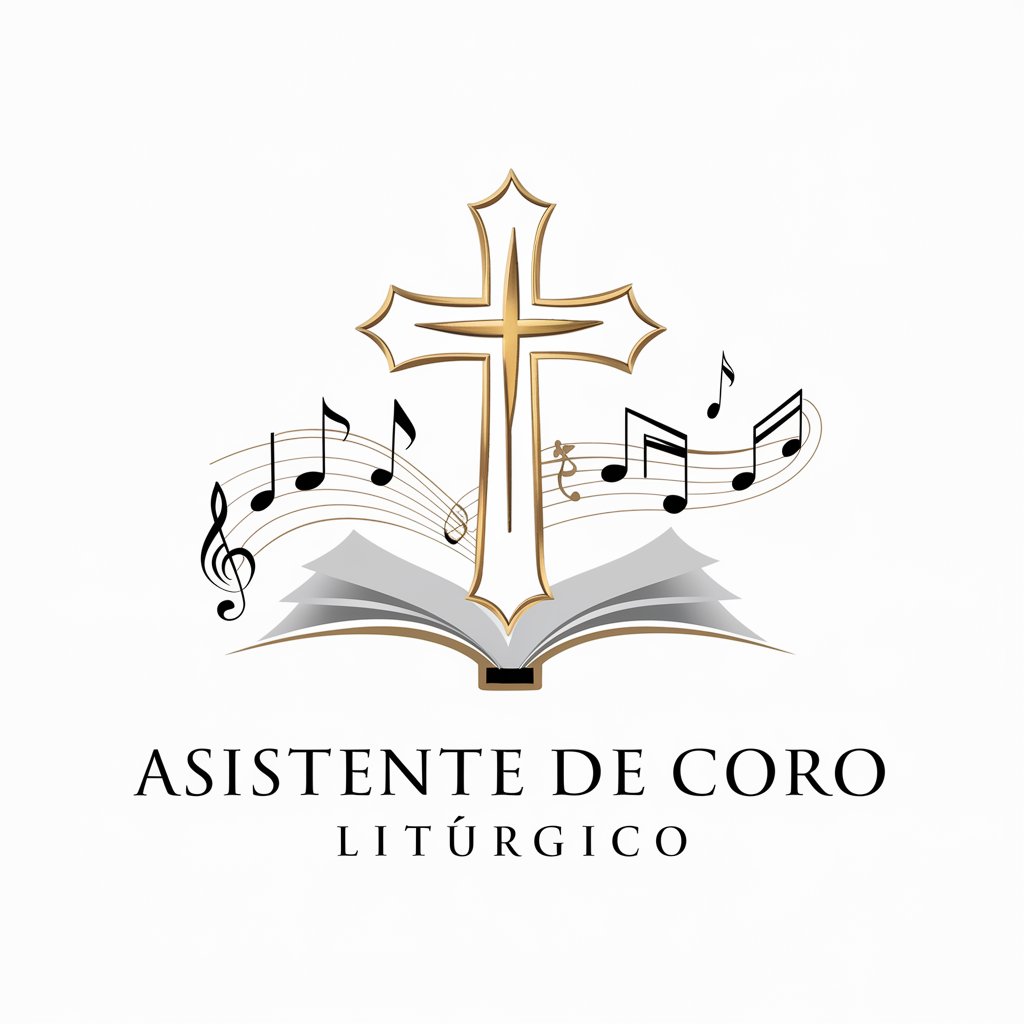
Mass Song Selector
Tailoring music to Mass readings with AI
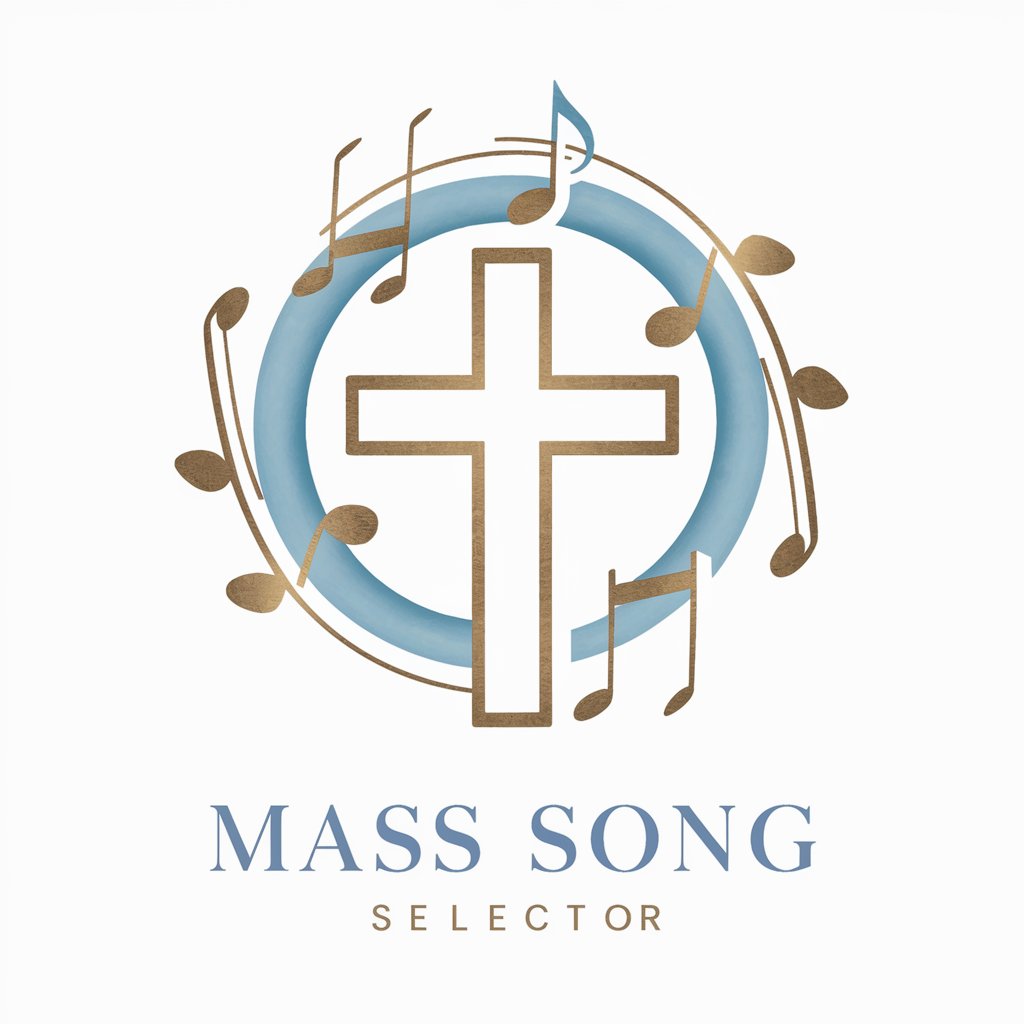
Hymns Lyrics Guide
Deciphering Liturgy through AI

Resucito AI
Unlock the spiritual journey through hymns
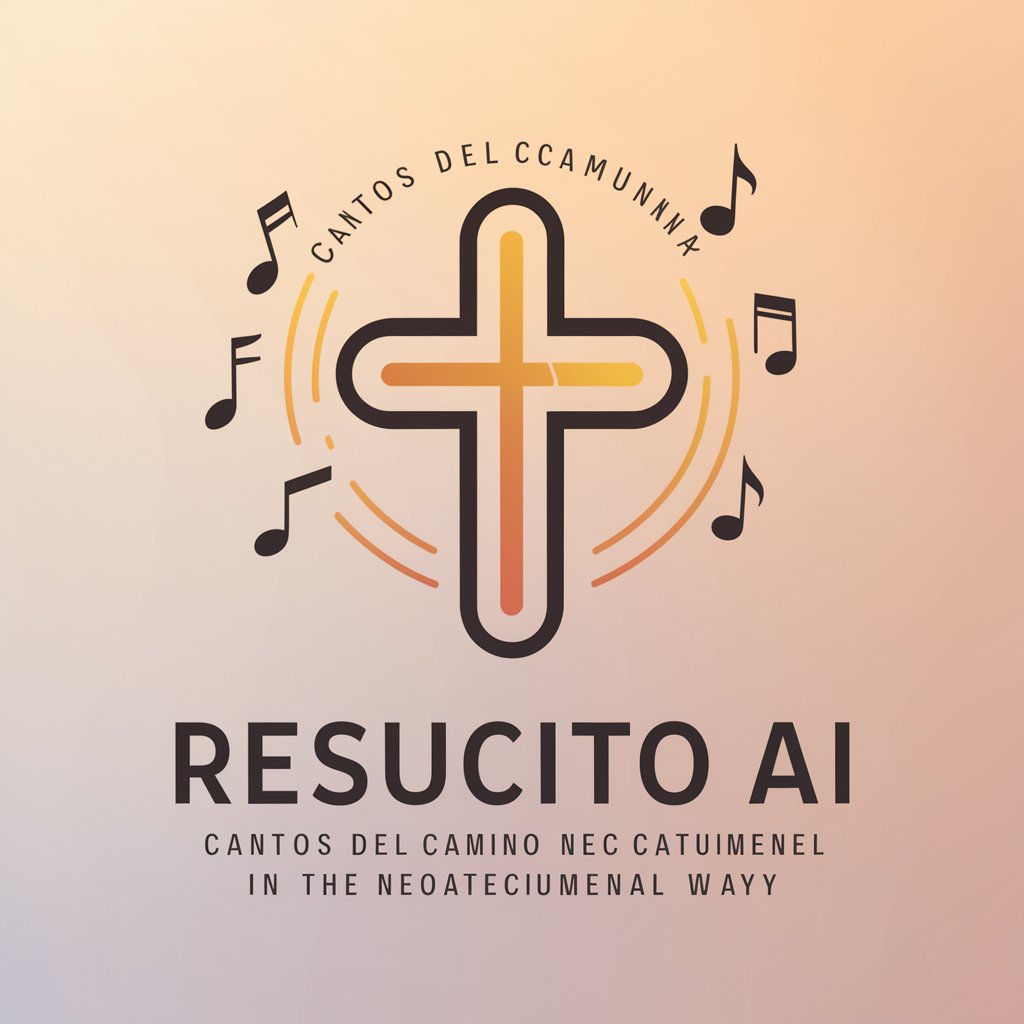
Come Thou Fount Of Every Blessing meaning?
Unlock deeper understanding of hymns with AI
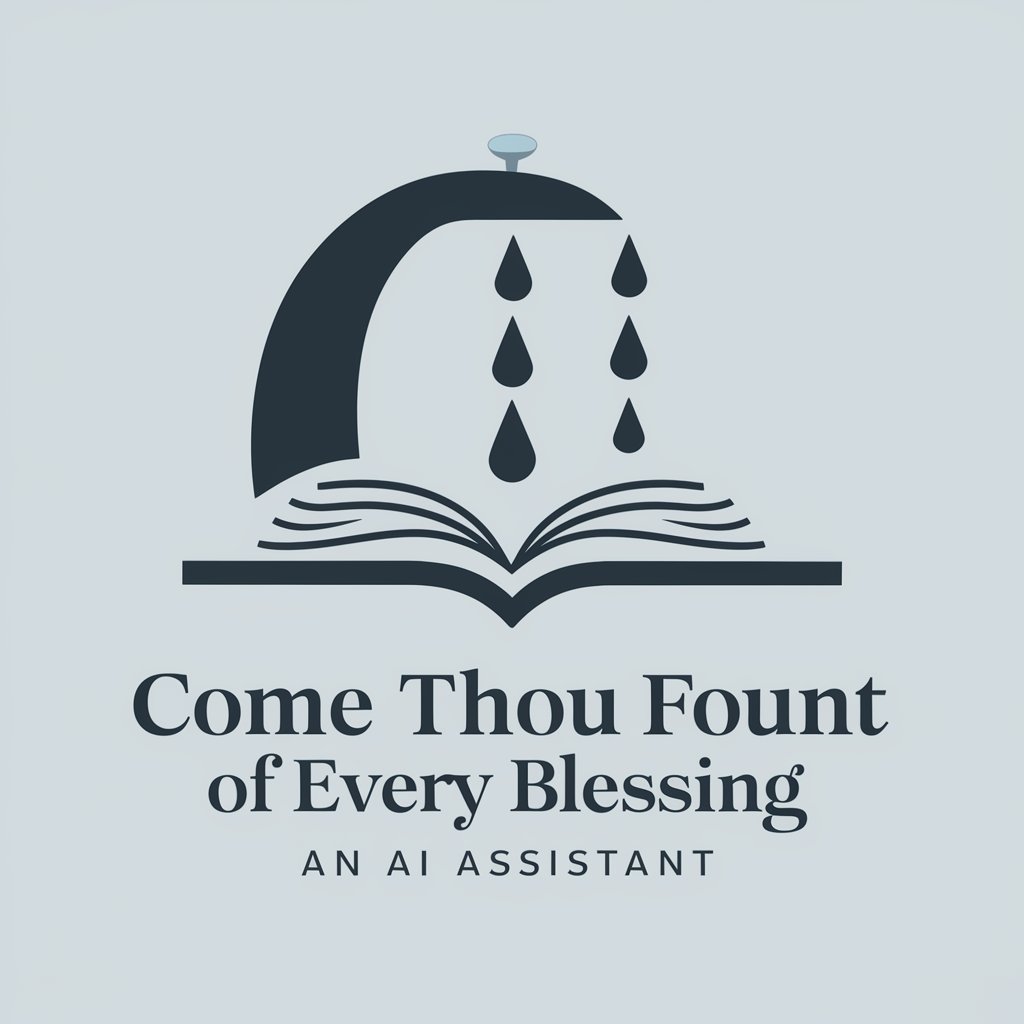
Key Characteristics of Liturgical Planning AI
These AI GPTs tools excel in their adaptability, offering features from basic liturgical calendar organization to complex liturgy creation. Key capabilities include natural language processing for understanding and generating liturgical texts, data analysis for historical liturgy trends, and image creation for enhancing liturgical materials. Specialized features might also encompass language learning for multilingual services, technical support for software integration, and web searching for liturgical research.
Who Benefits from Liturgical Planning AI Tools
The primary users of AI GPTs for Liturgical Planning include clergy, liturgists, religious educators, and laypersons involved in organizing worship services. These tools are accessible to individuals with varying levels of technical skills, from novices seeking straightforward solutions to developers and professionals looking for customizable options to incorporate into more complex liturgical planning processes.
Try Our other AI GPTs tools for Free
Culture Communication
Explore AI GPTs for Culture Communication: bridging cultures through advanced AI, enhancing understanding, and fostering global connectivity with tailored language and content solutions.
Manifestation Tips
Discover how AI GPTs for Manifestation Tips can transform your personal development journey with tailored, intuitive guidance to help you manifest your goals.
Culture Development
Discover how AI GPTs for Culture Development are revolutionizing cultural studies and projects, with advanced tools tailored for research, language learning, and content creation.
Workplace Insights
Discover how AI GPTs transform workplace data into strategic insights, enhancing productivity and operational efficiency with advanced analytics.
Training Gamification
Discover how AI GPTs revolutionize Training Gamification, offering engaging, personalized learning experiences through dynamic content and game-design elements.
Recruitment Fun
Revolutionize your hiring process with AI GPTs for Recruitment Fun, making it efficient and engaging with automation, interactive chatbots, and tailored solutions.
Expanding the Horizons of Liturgical Planning with AI
AI GPTs for Liturgical Planning are at the forefront of blending tradition with technology, offering customizable solutions that can adapt to various religious sectors. Their user-friendly interfaces facilitate broader accessibility, while the potential for integration with existing systems promises a seamless transition into modernized liturgical practices.
Frequently Asked Questions
What are AI GPTs for Liturgical Planning?
AI GPTs for Liturgical Planning are artificial intelligence tools designed to assist in the organization and management of religious services, utilizing advanced algorithms to tailor solutions for liturgical needs.
Can non-technical users operate these AI tools?
Yes, these AI tools are designed with user-friendly interfaces, making them accessible to non-technical users while also providing customization options for those with coding knowledge.
What unique features do these AI tools offer?
They offer natural language processing, data analysis, image creation, and web searching capabilities, tailored for liturgical planning purposes.
Who can benefit from using these tools?
Clergy, liturgists, religious educators, and laypersons involved in liturgical planning can all benefit from using these AI tools.
How do these tools handle different languages?
These tools are equipped with language learning capabilities, allowing them to process and generate liturgical texts in multiple languages.
Can these AI tools integrate with existing liturgical planning systems?
Yes, with technical support, these tools can be customized to integrate seamlessly with existing liturgical planning systems or workflows.
Are there options for personalizing the liturgical content generated by these tools?
Yes, users have the ability to customize the content generated by these tools, ensuring that it aligns with their specific liturgical traditions and requirements.
What advancements might we expect in the future for these AI tools?
Future advancements may include more sophisticated natural language understanding, improved integration capabilities with other software, and enhanced customization options for a wider range of liturgical traditions.